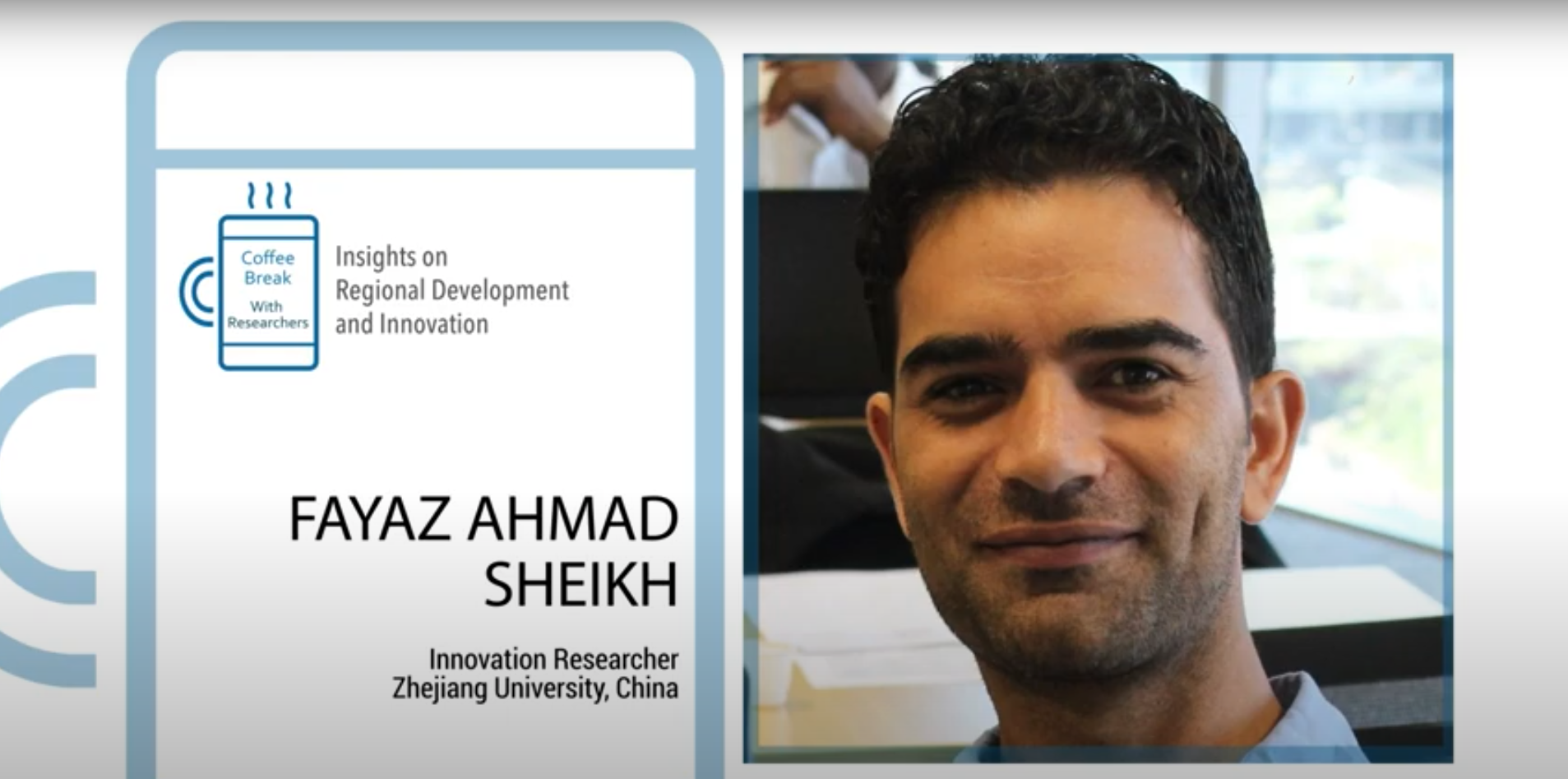The article
Of late, innovation studies have taken a keen interest in exploring various components of informal sector grassroots innovations. While recognising the immense contribution of this scholarship in sensitising researchers and generating awareness, its connections to policymaking remain inadequate. In the absence of comprehensive policy discussions, the policy makers have often attempted to extrapolate the policies meant for formal sectors to suit the innovation requirements of the informal economy. The diverse, idiosyncratic nature of the informal grassroots innovation processes have not received adequate attention. Keeping in view the divergent motives, underpinnings and the nuances of informal sector grassroots innovations, this paper has undertaken a critical review of the various policy suggestions including intellectual property rights, commercialisation and standardisation on a mass scale, the role of awards and recognition for informal sector innovations, and the importance of feedback and standardisation. Based on ten years of ethnographic research in Kashmir, we identify key thematic insights into policy formulations for these innovations.
Sheikh, F. A., & Bhaduri, S. (2019). Policy space for informal sector grassroots innovations: towards a ‘bottom-up’narrative. International Development Planning Review, 1-24.
The researcher
Fayaz Ahmad Sheikh
Innovation Researcher
Zhejiang University, China
The interview
Fayaz thank you so much for accepting this invitation to have a coffee break with me, how are you doing?
I’m doing great thank you very much for hosting a discussion on alternative forms of innovations.
Thanks to you having today a black coffee from Colombia, which coffee are you having?
well I’m having lavazza espresso it’s a blend of African and Brazilian coffee beans
It sounds delicious I want to talk with you today about the paper you wrote on the grassroots innovation, could you please tell me what the paper was about?
Well you know of late innovation studies have taken keen interest in exploring
various components of informal sector innovations while recognizing the immense contribution of this scholarship in sensitizing researchers in generating awareness its you know connection to the policy making has remained inerticate the diverse idiosyncratic and divergent uh nuanced view of informal sector innovation have not received the advocate attention and what has happened as a result is you know the policymakers around the world have attempted to extrapolate the policies meant for formal sector innovations to seek the requirements of informal sector innovation and in this paper we try to put some of this policy formulation to critical scrutiny
I understand the key notion of your paper is effectively grassroots innovations could you please give us a definition of this?
Well grassroot innovations in a very narrowest sense include all those undercurrent innovation activities and movements which happen outside the gaze of the university spaces are the fortified you know firms you know it’s it’s a kind of alternative pathway to sustainable development, which happen organically you know without the support from the formal sector firms fortified research institutions
Which ones would you say are the main findings of your research?
well you know we had couple of questions in mind when we went to do this kind of ethnographic research it was it was a decadal ethnographic study and some of the key findings of our of our paper was you know almost all innovators you know when we talk about the formal knowledge appropriation mechanisms like intellectual property rights, which policymakers talk about while scaling up these innovations most of the innovators they you know they showed a near complete unfamiliarity about patents they don’t know how to manage patents they don’t know how to actually use various forms that was one of the major findings and the second finding was you know the uncritical adoption of extrinsic forms of incentives actually crowds out the intrinsic motivation of the of of innovations and the third was you know these innovators they actually wittingly try to delay the planned obsolescence and the use of recycling material is not explicitly used to reduce the costs but it’s also used as a great source of learning
Thank you for clarifying that and which was your personal motivation in writing this paper?
Well we have been following since 2007. It’s almost educated ethnographic research I think the debates about you know inclusion sustainability and equality were a great motivation for all of us I believe if these alternate forms of innovations are nurtured in a proper way they will definitely offer us a glimmer of hope in creating a sustainable future as is witnessed in the ongoing cove crisis you know there have been various bottom-up collaborative innovation attempts which will help us you know democratize the elite innovation models around the world
That sounds fascinating and which would you say are the policy implications of your paper?
You know as I mentioned informal economy is expanding around the world almost around 2 billion people work in for you know in the informal sector we can our policy makers and we can collectively tap the innovative and creative potential of informal sector innovations provided we adopted a bottom-up approach to study the nuanced characteristics of informal sector innovations what we encourage is that you know instead of uh top down elitist model of policy formulation user to scale up such innovation we require a bottom up understanding of these innovations and instead of you know commercializing this innovation at a mass scale we uh we believe that you know the scaling innovation approach uh is required to actually tap the potential of of the innovations which exist in informal economy well
Thank you that was great to know for that thank you very much again for your time and for those valuable insights I wish you all the best for your future research and hope to see you soon

